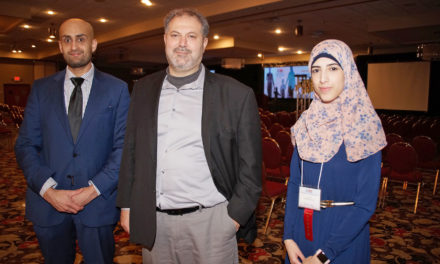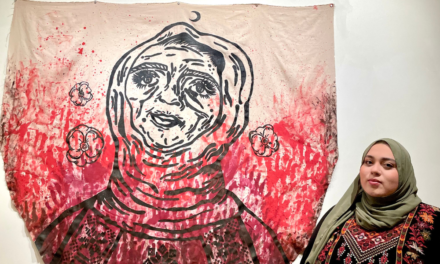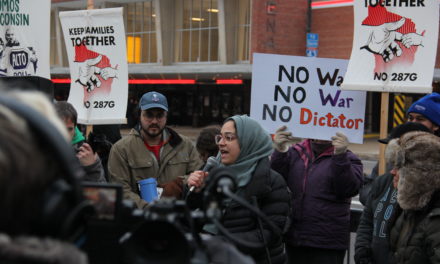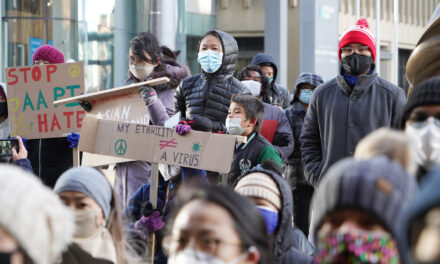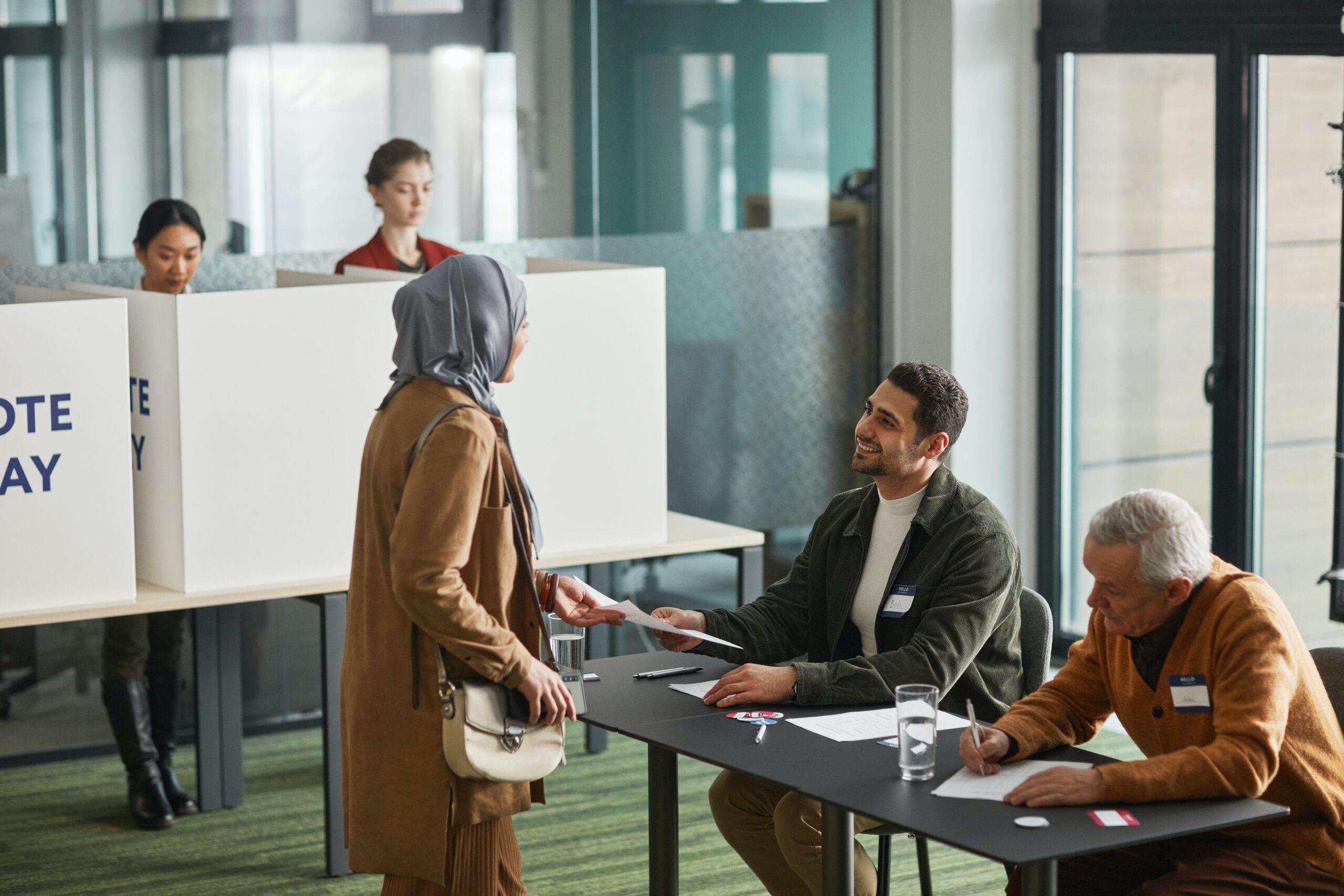
Photo by Edmond Dantès
By 2050, the Muslim population in the United States is projected to reach 8.1 million, accounting for 2.1% of the national population—nearly double the current numbers. While this may not be surprising, the growing Muslim population represents a significant and increasing portion of our democracy.
As the political landscape becomes more competitive due to polarization and partisanship, swing states play a crucial role in determining electoral success. Yet, despite this awareness, politicians often marginalize Muslim voters, disregarding their concerns and underestimating their potential impact in battleground states like Michigan, Virginia and Wisconsin.
Swing states are those where neither major political party—the Republicans or Democrats—has a consistently dominant presence, making them fiercely contested battlegrounds. Winning these states can significantly boost a candidate’s chances as they hold a substantial number of electoral votes.
Among the top ten most populous Muslim states categorized as swing states or battlegrounds are Arizona, Virginia, Minnesota and Michigan. Some states may be considered swing states only in gubernatorial elections, while others may extend to senate and presidential elections. Therefore, politicians must strategically address the needs of various communities to secure victory on election day.
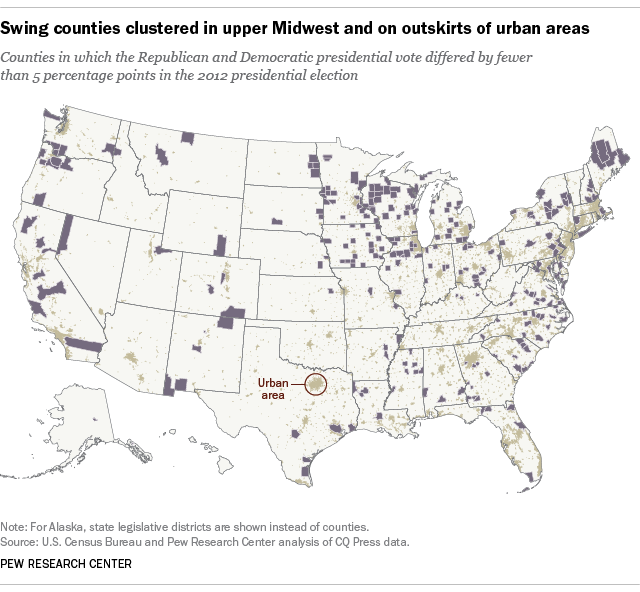
One such state is Michigan, which is home to one of the largest Muslim populations in the country. The Metro Detroit area, in particular, is a vibrant hub for the Muslim community, featuring mosques, halal grocery stores and lively cultural events. This community has a long history of active political engagement, demonstrating their commitment to civic participation.
Michigan’s Muslim community accounts for 2.75% of the state’s population. The city of Dearborn alone comprises around 40% Arab Americans, a majority of whom are Muslim. With such a sizable Arab American community and Muslim population, they have the potential to significantly influence electoral outcomes.
Muslim Michiganders have established organizations that mobilize voters, engage in issue advocacy and support political candidates who align with their interests. Additionally, politicians like Governor Gretchen Whitmer have taken steps to acknowledge the importance of Muslims in the state. During her inauguration in January 2023, she invited Imam Mohammed Ali Elhai from the Islamic House of Wisdom, a mosque in Michigan, to recite a prayer.
Organizations such as Jetpac have been working on the ground in Michigan to lay the foundation for American Muslim political activism and increase Muslim influence and engagement across the United States. The organization aims to elect Muslims to office across all levels of government and keep Muslim voters engaged.
By recognizing and engaging with the Muslim electorate, candidates can secure electoral victories in Michigan. In closely contested races, the support of Muslim voters can make a crucial difference. Neglecting this influential community risks alienating a significant portion of the electorate and forfeiting a valuable opportunity to gain political power.
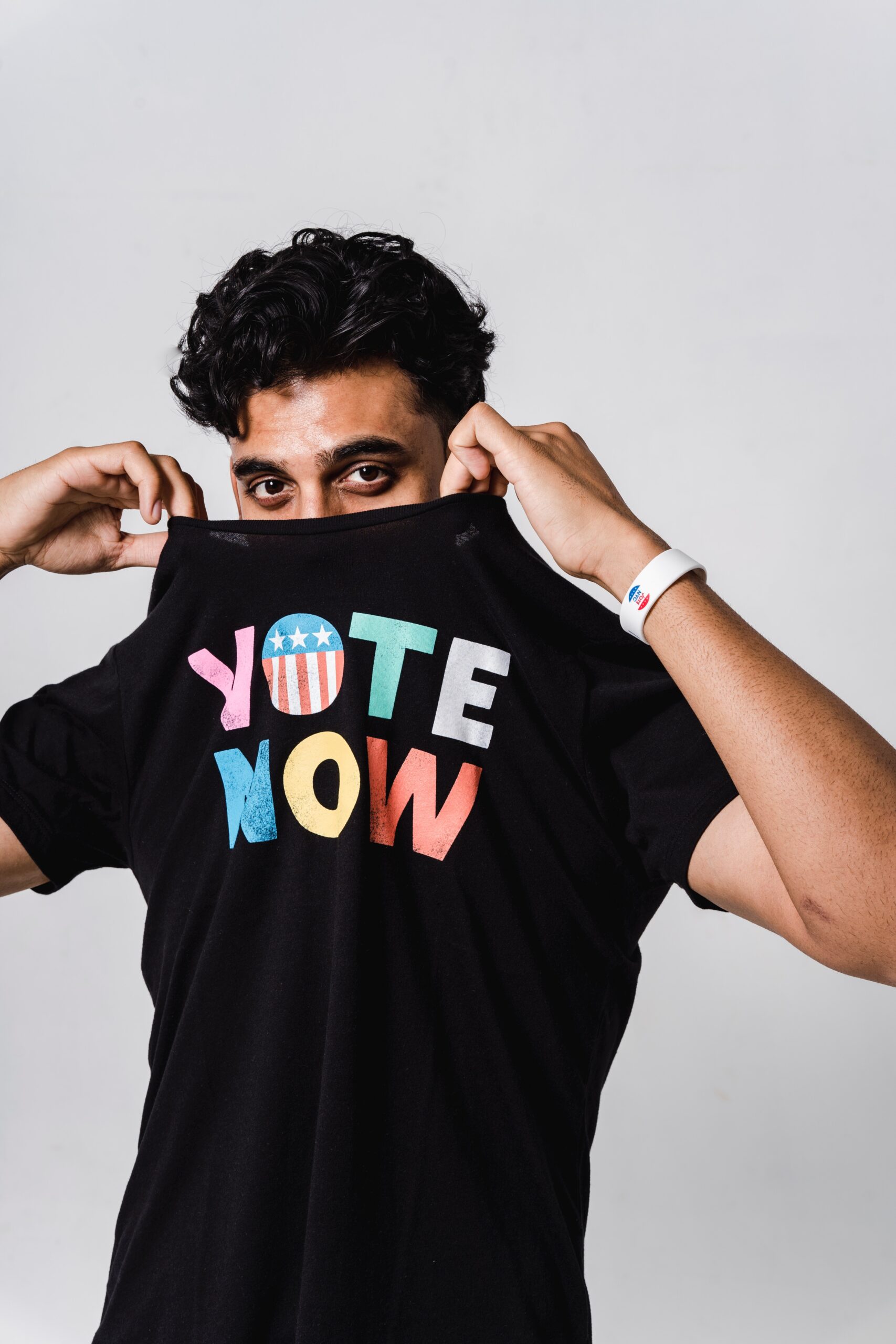
Photo by Sora Shimazaki
Another pivotal state is Wisconsin, where the Muslim population may not be as large as in Michigan, but their political influence should not be underestimated. The Muslim community in Wisconsin is diverse, encompassing African Americans, South Asians, Arabs and others. Cities such as Madison and Milwaukee serve as important centers of political activity and Muslim community development.
In the 2020 presidential election, President Joe Biden won Wisconsin by a margin of around 20,000 votes. Presently, Wisconsin is home to approximately 70,000 Muslims, and even if a quarter of that number is eligible and turns out to vote, they could significantly impact the election outcome.
Politicians who disregard the concerns of Muslim voters do so at their own peril. Neglecting this community sends a clear message of insignificance and exclusion, which can have long-lasting consequences. In a time of increased diversity and the promotion of inclusivity, politicians must acknowledge the needs and aspirations of all constituents, including the Muslim community.
To garner the support of Muslim voters, politicians must actively engage with their community. This involves building bridges of understanding, fostering discussions and addressing the specific concerns and aspirations of Muslim Americans. By doing so, politicians can forge meaningful connections, demonstrate their commitment to diversity and build a broad coalition of support.
Understanding the critical role of Muslim communities in swing states, including Michigan and Wisconsin, is vital for any political strategy aiming to secure victory in these regions. With their growing population size, active political engagement and diverse concerns, Muslims constitute an influential voting bloc that cannot be dismissed.
Politicians must recognize the contributions of Muslims, address their needs and create inclusive platforms to foster a more representative democracy. Failing to do so would not only be a grave mistake concerning the Muslim community but also a disservice to the democratic principles upon which our nation is built.
